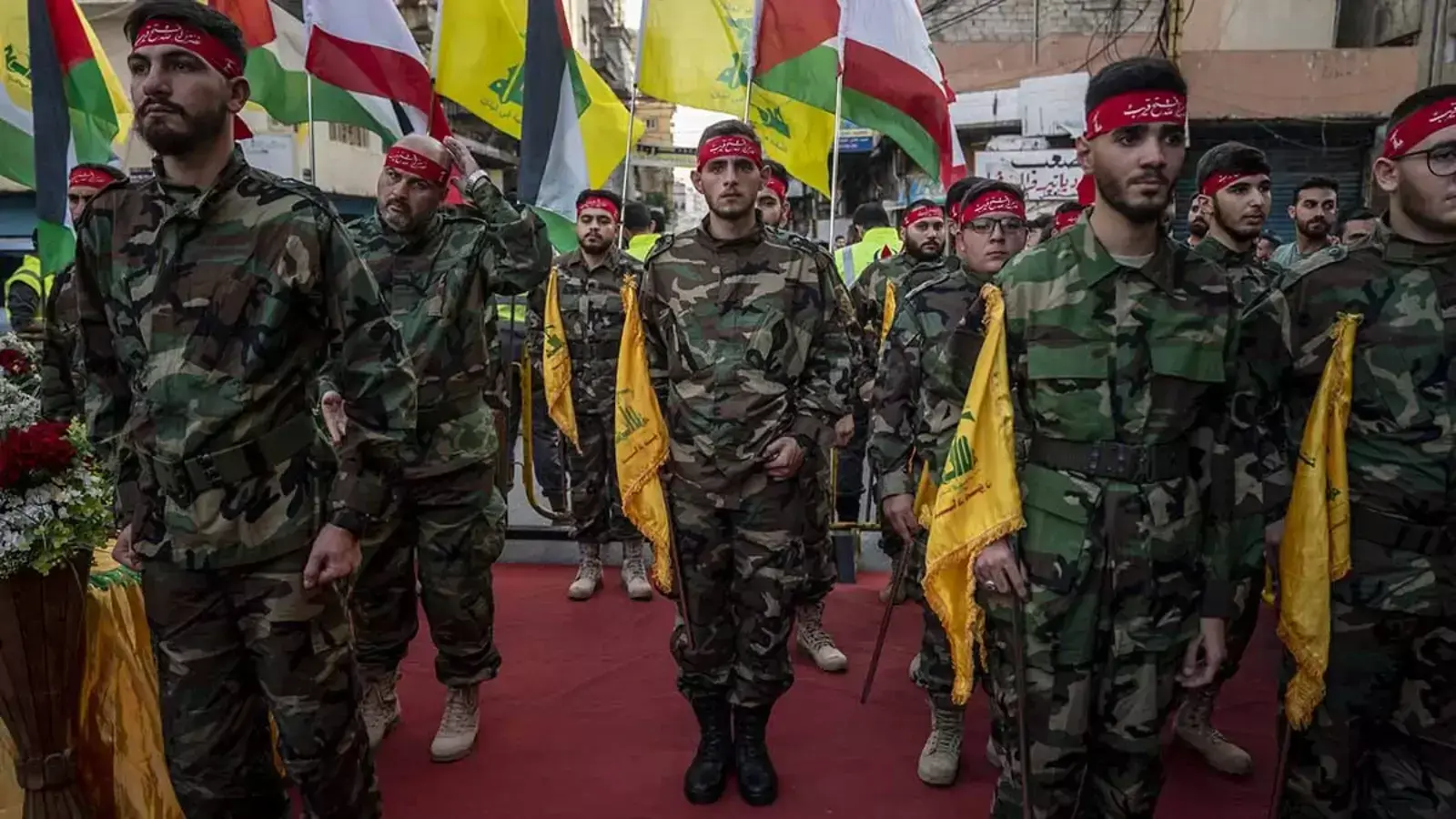Kali Robinson and Will Merrow

In the four decades since its Islamic Revolution, Iran has formed and supported an expanding number of allied fighting forces throughout the Middle East. Iran’s Quds Force, part of the Islamic Revolutionary Guard Corps (IRGC), serves as the main point of contact with these groups, providing them with training, weaponry, and funds to promote Iranian regional objectives. Fighters from Shiite Muslim–majority countries such as Iraq and Lebanon compose Iran’s main proxies, but groups from the Sunni-majority Palestinian territories, Syria, and Yemen have also formed associations with Iran. At the heart of this network is Hezbollah, a Lebanese political party and militant group infamous for terrorist acts, which has helped Iran bridge Shiite Arab–Persian divides. Hezbollah also helped Iran support the Bashar al-Assad regime in the civil war in Syria, where it worked to bring other militias to the regime’s defense.
What are Iran’s motives?
Groups acting on Iran’s behalf have often attacked U.S. forces, and experts say Iran hopes to further leverage its growing network of partners to bolster its drive for regional hegemony and remove Western powers from the region. In recent years, Iran has sought to improve cooperation among these forces to form a more united “axis of resistance” against mutual enemies, experts say.
Israel, a major U.S. ally, faces regular attacks from Tehran-backed groups—namely Hamas, Hezbollah, and Palestinian Islamic Jihad—who share Iran’s animosity toward Israel and oppose the Jewish state’s existence. Support from Tehran has also enabled Yemen’s rebel Houthi movement to fire missiles toward Israel and attack commercial ships with alleged Israeli ties in the Red Sea, actions the Houthis called a show of solidarity with Hamas amid its latest war with Israel. And during Iran’s first-ever attack on Israeli soil, in April 2024, its partners in Iraq, Lebanon, and Yemen fired drones and rockets at Israel to accompany Tehran’s air strikes.
Acting through proxies lets Iran elude responsibility for actions it endorses but does not want to face retaliation for, CFR Iran expert Ray Takeyh writes. “The proxy war strategy has had the advantage of shielding Iran from direct retaliation by the United States, as the [Joe] Biden administration has focused its response on proxies,” Takeyh explains. Iran has successfully employed this strategy throughout the ongoing Israel-Hamas war. For instance, Hamas’s October 2023 assault on Israel showed signs of coordination with Iran, and in scores of related attacks in the following months, suspected proxy forces for Iran killed have three U.S. troops in Jordan and injured dozens more on U.S. military bases across the Middle East, U.S. officials say. But Iran has generally avoided direct blame for such violence, and many experts say it is keen to avoid outright war with the United States. Still, “that does not mean that war cannot result from such a spiraling crisis,” Takeyh writes.
No comments:
Post a Comment